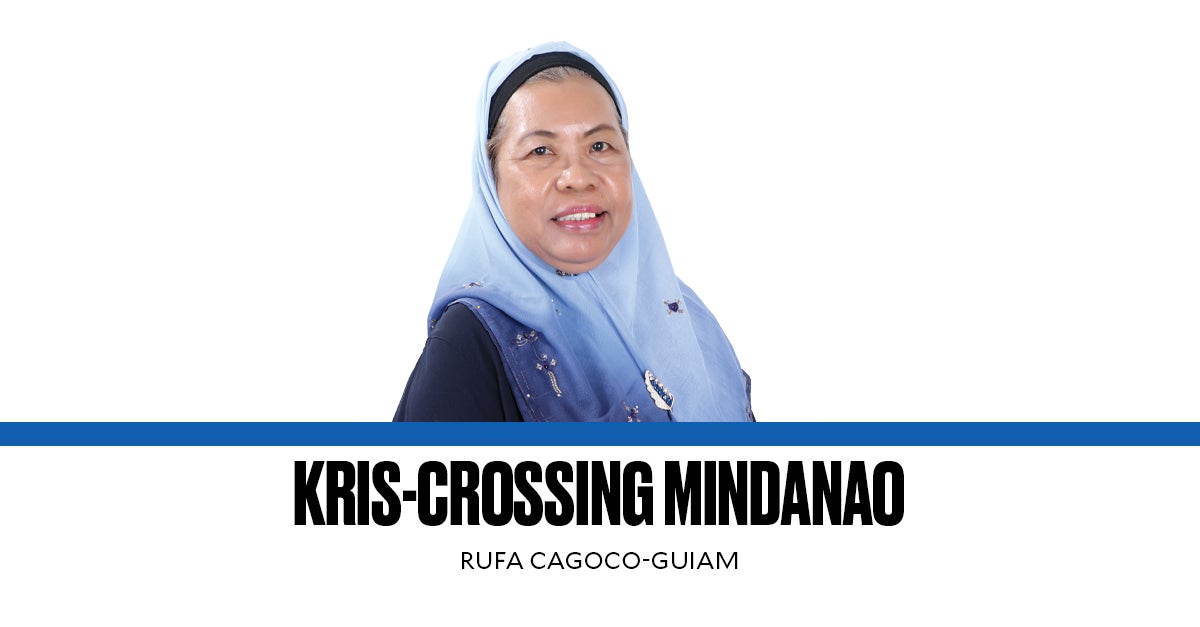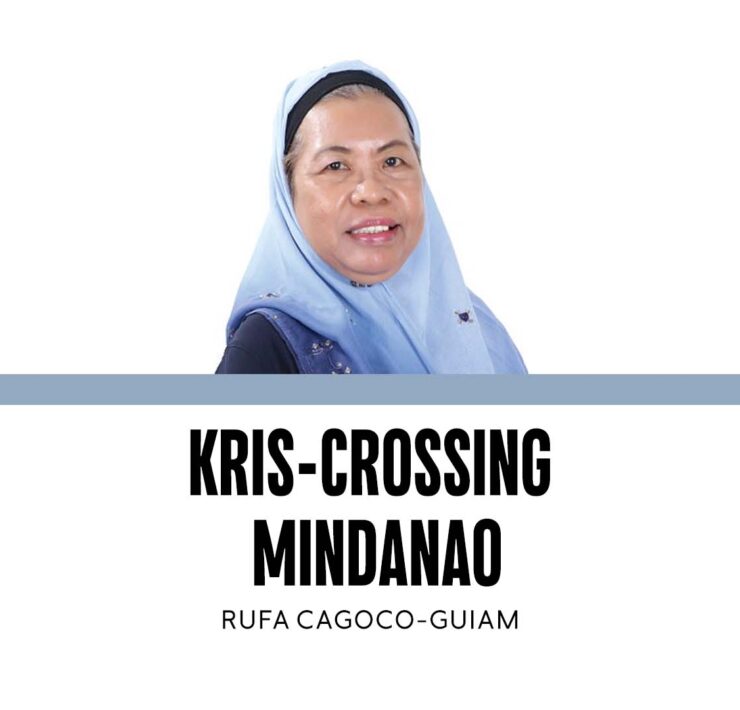On the ‘miseducation’ of Filipino voters (2)

Before I became a voter, I used to remember my parents discussing how they could get “easy money” during elections. In this country, elections take place usually every three years, and it was something my elders looked forward to. They used to tell me they would be receiving some money from candidates of the two political parties—Nacionalista and Liberal. The two national political parties competed for the greater number of votes for their respective candidates.
These days, vote-buying is still practiced, disguised as “ayuda (assistance)” to impoverished communities. Unfortunately, such assistance money also comes from government coffers, as reelectionist candidates have used part of their “discretionary funds” for this purpose.
During the dark martial law years of the elder Marcos as president, there were no other parties except that of the Marcoses, and some token recognition of those who were just asked to run for the sake of having “democratic” elections. Remember the Kilusang Bagong Lipunan political party?—and their tagline: “Sa ikauunlad ng bayan, disiplina ang kailangan.” But that brand of discipline was wrought with an iron hand, with dissent considered a major affront to the national leadership, leading to the incarceration, even death by torture, of many activists at that time.
Now, it is starting to be revived with a different brand name—”Bagong Pilipinas.” But will this, not include the dark and harsh treatment received by those who opposed the elder Marcos’ martial law rule? Only time will tell. We have seen how the results of this midterm elections somehow reduced the electability of those endorsed by President Marcos, possibly making him think of a way to get out of the lame-duck type of leadership. And it is not far-fetched to imagine he might do a déjà vu of what his father did.
Some decades ago, the Commission on Elections (Comelec) implemented the “equal space and airtime” policy for electoral advertisements. Each candidate for mayor or representative was given equal newspaper space. If the newspaper granted one-fourth of a page, then all candidates had to come up with a campaign pitch that accommodated some pictures and what they wanted to convey to voters to get elected.
Through the years, such a policy gave way to unlimited space and airtime, with candidates claiming that they did not spend on those innumerable television and print ads. They argued that those were paid for by their “supporters.” While Comelec designates a common space for a common size of the tarpaulin ad, candidates and their wards usually violate it. Required sizes for tarpaulin ads are always ditched—and candidates awash with campaign funds are the ones who have been doing it. One good example is several long and wide tarpaulin ads of now reelected Sen. Bato de la Rosa that used to be placed in three conspicuous areas along the highway from Davao City to General Santos City or from Davao to Cotabato City. The reelectionist senator wanted people to know that he “would fight for the people’s security” and for voters to always etch this in their minds, the Tagalog aphorism that exhorts, “itaga mo sa Bato,” obviously using it as a pun on his nickname. These tarps were quite huge, measuring about four meters long and one and a half meters wide.
It is only in the Philippines where the electoral campaign starts even before the legally prescribed campaign period. Those desiring to run for national or local offices have already put up banners printed on tarpaulin (unlimited in size and number) exhorting people to “drive safely,” to greet them during important seasons for both Christians and Muslims alike, or to advise people to “take care” of themselves—like they are best friends with potential voters. To avoid being cited by Comelec for electioneering, candidates post only their names and their “greetings” to all, without the magic phrase, “vote for me.” It is an insidious way to make people easily recall the person and his or her appearance.
These are among the most common ways of “miseducating” voters in any electoral campaign in our country. It is sad that voters tend to vote for candidates whose names they can easily recall or memorize. Voters also associate candidates with some “branding” they consider important for an elected official. Such “branding” appeals to voters because it addresses the many deficiencies that local and national officials have while holding public office. When people are deprived of basic health care, they immediately recall those who promised to provide “malasakit” or compassion, as vouched for by reelectionist Senator Bong Go, who emerged as the runaway topnotcher in this year’s elections.


















Turning waste from risk to resource